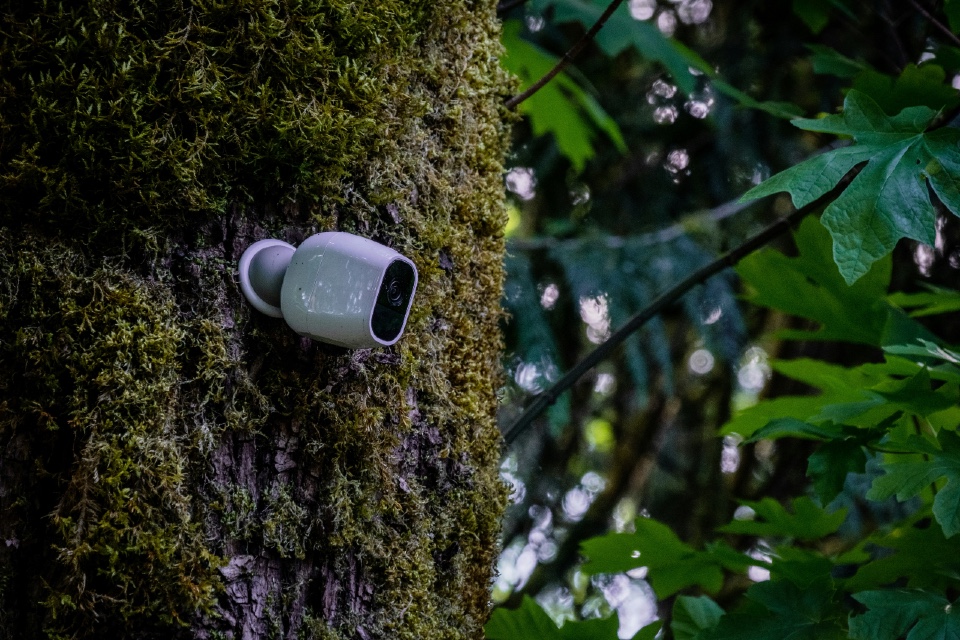Facial recognition and biometrics hold immense promise for access control and identifying individuals of interest, but their use raises significant ethical considerations and data privacy concerns. Let’s delve into the opportunities and challenges associated with this evolving technology…
Securing the Realm: Benefits of Facial Recognition and Biometrics
- Enhanced Access Control: Facial recognition and biometric systems like fingerprint scanners can replace traditional key cards or PINs, offering a more secure and convenient access control solution. This can be particularly beneficial for high-security areas.
- Identifying Individuals of Interest: Law enforcement agencies can leverage facial recognition to identify suspects or missing persons from CCTV footage, potentially aiding investigations and apprehending criminals.
- Combatting Fraudulent Activity: Biometric verification can be used to prevent unauthorized access to financial accounts or sensitive information, minimizing the risk of fraud.
A Double-Edged Sword: Ethical and Privacy Concerns
Despite the benefits, the use of facial recognition and biometrics in surveillance raises crucial ethical and privacy questions:
- Accuracy and Bias: Facial recognition algorithms can be biased, leading to misidentification, particularly with ethnic minorities. This can have serious consequences for individuals wrongly flagged as suspicious.
- Mass Surveillance and Chilling Effect: The widespread use of facial recognition in public spaces can create a climate of fear and stifle freedom of expression.
- Data Storage and Security: Large-scale storage of biometric data creates a significant security risk, as breaches could lead to identity theft and misuse of personal data.
Navigating the Ethical Maze: Considerations for the UK
The UK government and private sector organizations need to address these concerns proactively:
- Regulation and Oversight: Clear and robust regulations are needed to govern the use of facial recognition and biometrics, ensuring transparency and accountability.
- Data Protection Compliance: Organizations using these technologies must comply with strict data protection laws like GDPR, ensuring data is collected, stored, and used lawfully.
- Public Transparency and Trust: Open communication with the public about the use of these technologies is crucial for building trust and ensuring ethical implementation.
The Road Ahead: A Balanced Approach
Facial recognition and biometrics offer undeniable security benefits, but these need to be carefully weighed against potential privacy breaches. The future of these technologies in UK surveillance hinges on striking a balance between security and individual liberty.
By prioritizing data privacy, ensuring ethical implementation, and fostering public trust, we can unlock the potential of these technologies while safeguarding our fundamental rights.
Are you looking for Surveillance & Monitoring solutions for your organisation? The Total Security Summit can help!
Photo by Evgeniy Alyoshin on Unsplash







